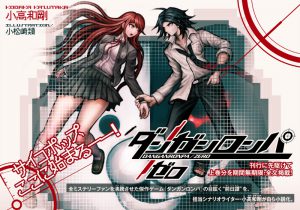Both Jabr and Badke explain the differences between digital books and printed books. In “ The Reading Brain in the Digital Age: The Science of Paper versus Screens” by Ferris Jabr, he explains his ideas and the progress of the digital books. In these days, young generation finds ebook is much easier than reading through the printed books. In addition, there are many options to read ebook through Iphones, ipads, kindles, nooks etc. It is easier to read because people are watching text in the same manner as watching an onscreen video, it is refreshed and faster than people’s eyes can detect. The brain may catch the missing letter easier. On the other hand, I can’t read it ebook and something else because I need to feel it physically but I can read only news online. The reason is I feel more focused when I touch to the book. In conclusion, Jabr is trying to show us how technology has grown, and affect us.
 NY Times Technology Section
NY Times Technology Section- Google’s Plan to Buy Wiz for $23 Billion Falls Apart July 23, 2024
- Far Right Spreads Baseless Claims About Biden’s Whereabouts July 23, 2024
- Congress Calls for Tech Outage Hearing to Grill Executive July 23, 2024
- Delta Flight Cancellations Continue As It Struggles To Recover From Tech Outage July 22, 2024
- Elon Musk’s Novel and Polarizing Cybertruck July 22, 2024
- Corvette Bucked a Sports Cars Decline. Can It Thrive in an E.V. Era? July 22, 2024
- In Silicon Valley, Democrats Are Invigorated by Biden’s Withdrawal July 22, 2024
- CrowdStrike Issue, Not Russia or China, Caused Tech Outage July 20, 2024
- Global CrowdStrike Outage Proves How Fragile IT Systems Have Become July 20, 2024
- 25 Million Watched Trump’s Speech at the R.N.C. on Thursday July 19, 2024
-
Recent Posts
Recent Comments
- 온라인포커 on Assignment 10B
- Tess Tobin on Assignment 1B
- Faisal Afridi on Assignment 1B
- Anonymous on Hello world!
Categories
Meta
Archives




